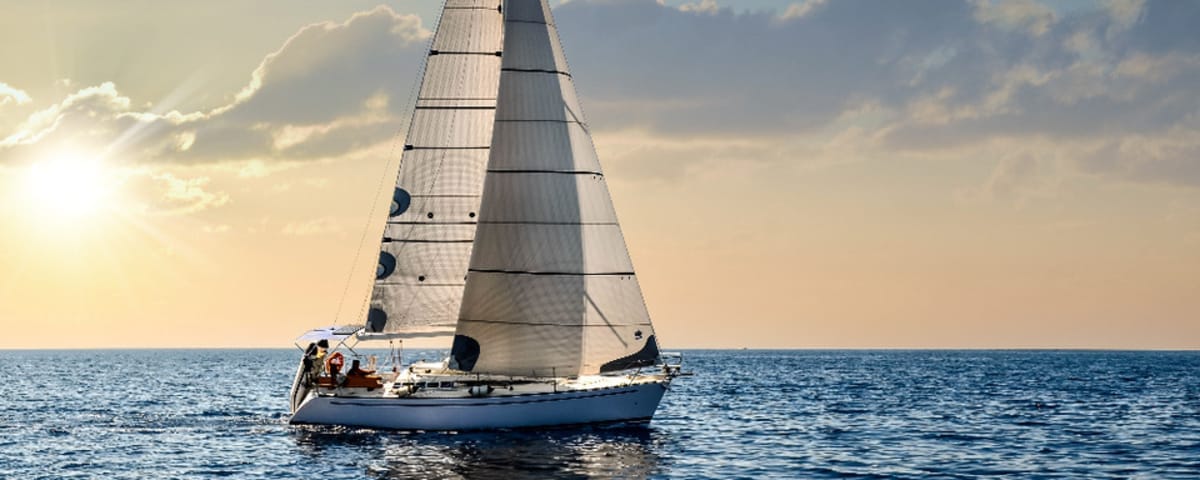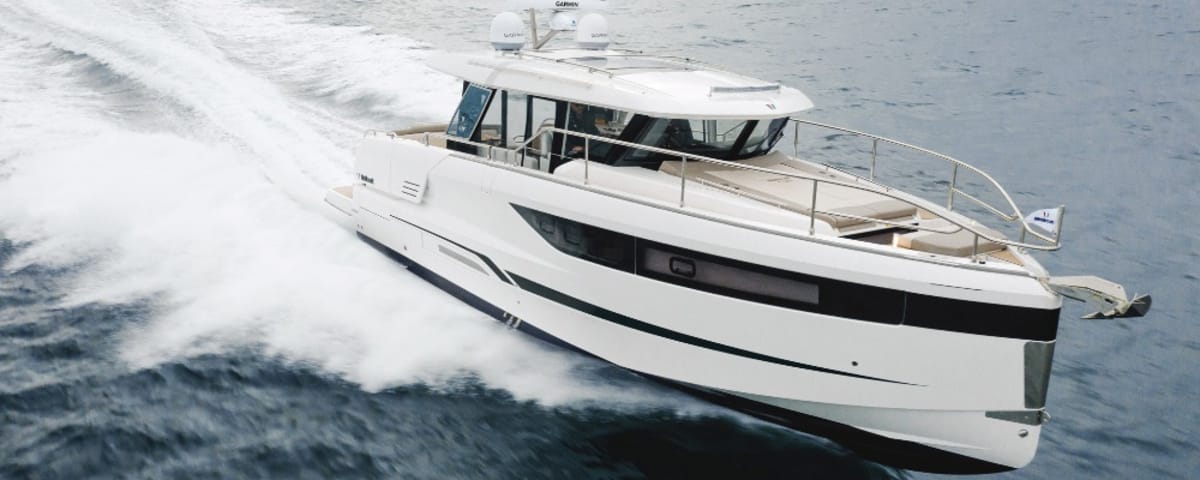The Evolution of Boating: From Ownership to Usage
The popularity of recreational boating remains strong, with an increasing number of enthusiasts in France. However, according to the Federation of Nautical Industries (FIN), there has been a significant decrease in new boat registrations over the past two years. Following the post-COVID surge, declines of 23.1% were recorded in 2023-2024 and 25.5% since 2018-19.
“New boats are selling less well, but the used boat market is holding up,” says Paul Blanc, a representative of the Beneteau group at FIN, responsible for working on usage trends. The annual increase in the number of boat licenses is another positive indicator for recreational boating. “In the early 2010s, there were between 50,000 and 70,000 license tests per year; for the past 7 to 8 years, we have been almost at 100,000. There was even a peak at 120,000 during COVID.” This spectacular growth is partly due to the greater accessibility of motorboats, the diversity of models, their maneuverability, their speed, and the freedom they offer… but not only.
More and more practitioners, but fewer boats on the water: what is happening in the nautical market? Undoubtedly, a fundamental change in the way people consume boating experiences.
Growth in Rentals and Boat Clubs
Recreational boating is gradually shifting from a market of owners to one of users. This can take various forms. Simple rentals, with or without a skipper for occasional use, are expanding. This phenomenon is not new. “Sailboat rentals developed significantly in the 80s and 90s. We have observed an acceleration for motorboats over the past ten years.” The market is structured around platforms. Individuals have also entered the market with the development of “Airbnb-type” rentals, similar to those found in real estate. Rentals are an attractive source of income for non-professionals.
Established players have adapted and also offer new options, especially for those who sail regularly. “Boat club and subscription rental models have been growing strongly in the United States for fifteen years,” says Paul Blanc. “The leader is called Freedom Boat Club, with 90,000 members.” The concept is gaining ground in Europe. The Beneteau group has implemented Wiziboat to capture new consumers. Libertypass is a third notable player. “The rental and boat club market is growing by 10 to 15% per year,” specifies Paul Blanc.
Sharing to Overcome Obstacles
What if this new situation was an opportunity for the sector? “We believe there is a real reserve of consumers. People who want to go boating but encounter obstacles.” According to a study conducted with IFOP, FIN identifies four obstacles to recreational boating. First, the mental burden, as it seems complicated to maintain a boat and find a marina berth. Second, training, as it seems difficult and lengthy to learn how to maneuver a vessel. Available time and financial aspects are other barriers that are difficult for many to overcome. Sharing can provide answers for a more liberated practice, without the worries of ownership and associated costs. Expectations are changing. Professionals are facing “people more in search of experiences than ownership, people who want to try different leisure activities, who may change their lives several times, move, and are more reluctant to commit.”
More than an abrupt upheaval, FIN observes an acceleration of generational change on the water, even if there are still followers of the historical model supported by baby boomers. “There will always be owners,” says Paul Blanc. “Those most passionate about their boat, who want to equip it according to their taste, have access to it on a whim. But we know that the average use of a boat is only 20 to 25 outings per year.” There is room for sharing! The challenge is therefore to reach these future neo-boaters: more women, diversified social classes, and a new demographic. “We know, for example, that the average age of people who rent boats is 45, ten years lower than that of owners.”
Thus, the sharing economy makes a lot of sense for the entire nautical sector. More practitioners – for the same number of boats – means increasing attendance around ports, contributing to boosting trade, and stimulating reception areas. Ports are invited to reinvent themselves and go beyond their vocation as simple boat parking lots. They aspire to become places of life with associated services. In certain geographical sectors, especially the south, this will be an opportunity to welcome new consumers by circumventing the problem of saturation of available places. And for us, the possibility of reducing the ecological impacts linked to maintenance and construction.
Enjoyed this post by Thibault Helle? Subscribe for more insights and updates straight from the source.


